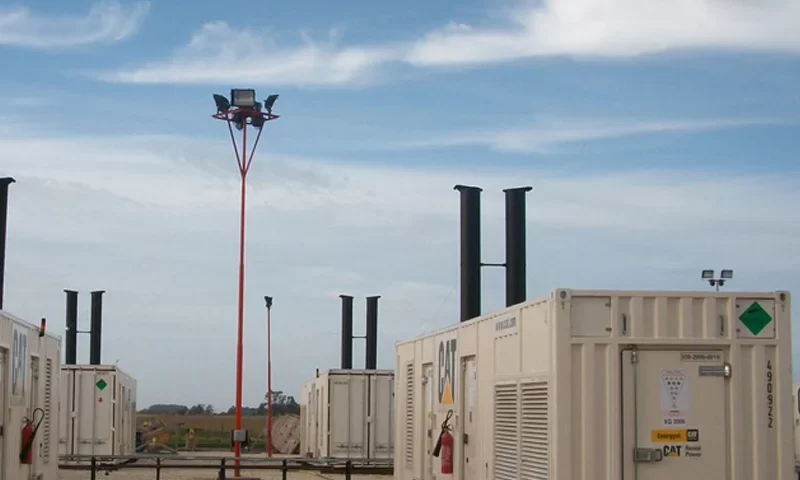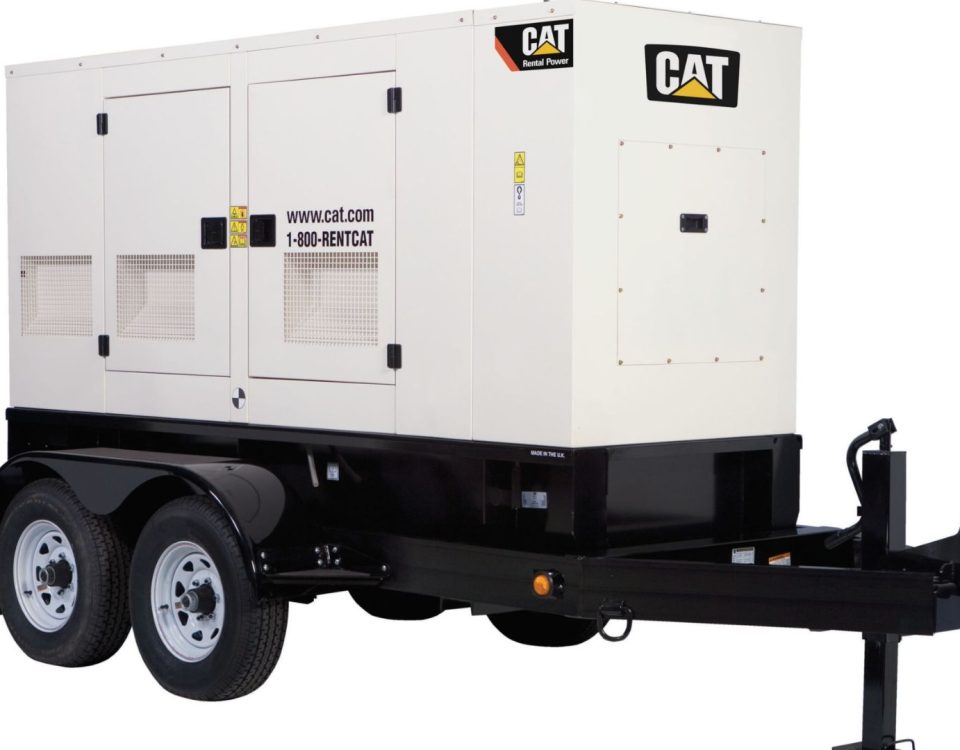- For Enquiries Please Contact
- +97155 739 2020
- info@construction-power.com
What Are the Environmental Considerations When Renting a 100kW Generator?

How Does Slab Cutting Differ from Other Concrete Cutting Techniques?
September 10, 2024
How to Return a Portable Generator Rental Without Hassle?
September 20, 2024Renting a 100kW generator, or any large generator for that matter, is a pretty common practice in events and constructions and in need of emergency power requirements. However, as environmentally sensitive conditions have received so much publicity lately, one should never forget to ponder on the environmental impact when deciding to rent a 100kW Generator Rental. The impact on the environment related to the use of generators will be understood by ensuring that all constraints are met with this system as part of the mechanism toward not having too much carbon footprint to comply with local regulations while ensuring a safe and reliable power supply.
Fuel Consumption and Emissions
The first environmental impact that comes into mind when renting a 100kW generator is fuel consumption and, consequently, its associated emissions. Generators typically run on diesel or gas. Both kinds of fuel have negative pollutants like carbon dioxide (CO2), nitrogen oxides (NOx), and particulate matter. These can greatly contribute to air pollution for large generators like a 100kW unit if not controlled.
To reduce the environmental impact, take into account
- Fuel Efficiency: The renter generator should have fuel efficiency, which means there would be less fuel in the same output. Modern generators are designed to become more fuel efficient so that they reduce emissions but do not lose power.
- Emission Control Technology: Specific types of generators including one or more technologies comprise a diesel particulate filter (DPF) and selective catalytic reduction (SCR), so that releases of the harmful pollutants are substantially reduced.
Noise Pollution
Aside from air pollution, generators- in particular, high-capacity generators, such as a 100kW generator- can be loud and cause noise pollution. Noise pollution is an environmental problem that can affect human beings and wildlife, especially in urban environments and sensitive ecological habitats.
When considering a 100kW generator rental, the following aspects can be considered to reduce noise pollution:
- Sound-proof Enclosures: Most new generators are fitted with sound-proof enclosures. Such an enclosure lowers sound levels by many folds in comparison to non-sound-proof generators. Selecting a generator with such a feature would be highly beneficial in events held in residential areas or close to wildlife habitats.
- Distance from Noise-Sensitive Areas: Whenever feasible, position the generator at a distance from where noise might be sensitive. Second, proper placing diminishes disturbance to the adjacent communities or ecosystems.
Fuel handling and spillage
Fuel handling for a 100kW generator rental poses an environmental risk if spills or leakage occur. Diesel and gas spills can contaminate soil and water sources, leading to severe environmental damage. Hence, safe handling of fuel must be implemented to prevent spills.
Environmental safety measures:
- Accurate Storage: Fuel should be stored in approved containers and in designated areas that have provisions to contain spills like secondary containment basins.
- Spill Response Plan: Establish a spill response plan. This includes having spill kits on site and training your staff to be quick and efficient in the case of a fuel spill.
Conclusion
Larger, including events, construction sites, and emergency backup generators, generally require higher capacity, between 100kW and several MW. In these cases, such critical environmental factors include the consumption of fuel and emissions, noise pollution, and the treatment of fuel. The best recommendation from the perspective of the user would be to choose energy-efficient generators, well-maintained equipment, and renewable alternatives whenever possible to minimize the environmental impact caused by the hired 100 kW generator, as long as power supply to the project or event is guaranteed.


